Young Climate Activists 'Scream' For Change As Mock COP26 Kicks Off
The youth-led event aims to keep pressure on for action with UN climate talks delayed by a year.
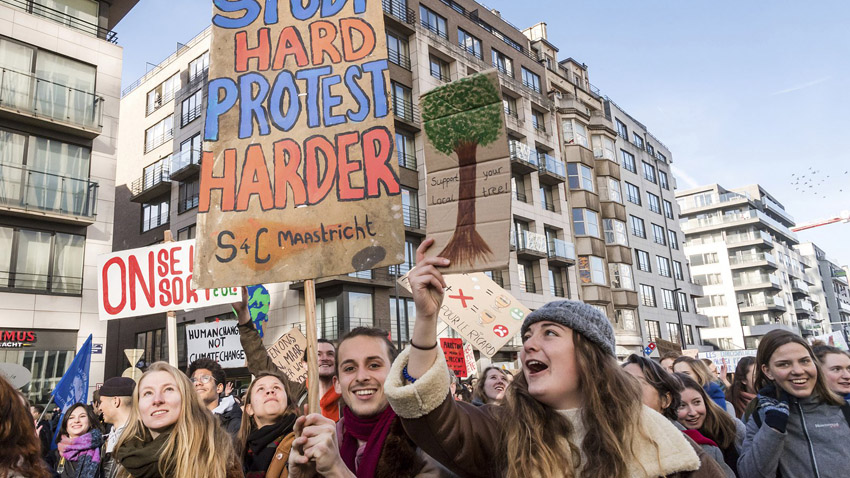
LONDON, Thomson Reuters Foundation: Young activists said on Thursday they did not understand why political leaders have failed to grasp the severity of the climate crisis and respond to it with the same urgency as the coronvirus pandemic, opening two weeks of online discussions.
During the talks — in place of the virus-delayed COP26 UN climate summit — youth representatives from 142 countries will consider potential climate solutions and issue a legal statement with recommendations that could feed into national policies.
"If you can't do the changes we want, we can do it and we don't need your help. We have the capacity," Sonali, an Indian youth activist who goes by only one name, told the opening of the "Mock COP26" talks, organised by the delegates themselves.
The discussions come as youth activists have struggled to maintain the momentum they built in 2019, when Swedish teen climate campaigner Greta Thunberg and millions of other people took to the streets globally to demand climate action, spurring promises of more rapid progress on climate threats.
Alok Sharma, Britain's business minister and president of COP26, now set for next November in Glasgow, urged delegates to "keep up that momentum, keep showing us what is possible, keep advocating for climate action in your home countries".
Such "absolutely vital" pressure will make it easier to win more ambitious carbon-cutting commitments, he said in a video address to the talks.
Jayathma Wickramanayake, a 29-year-old Sri Lankan who is the UN secretary-general's envoy on youth, said that while the UN climate negotiations had been postponed, "the climate crisis cannot be postponed. It remains an urgent crisis".
Youth organisers of the talks said they particularly hoped in the discussions to educate young people about climate change and policy options, and to paint a clear picture of the scale of the global threat, through delegates' own personal stories.
Licypriya Kangujam, a 9-year-old Indian climate activist, spoke about how surging forest fires in Australia, California, Siberia, and the Amazon had left her sleepless over the deaths of millions of trees and animals.
Communities around the world also this year were suffering from worsening hurricanes and typhoons, locust plagues, air pollution, rising seas, and heatwaves that kill the poorest, she said, calling such impacts "the real effect of climate change".
Phoebe Hanson, a British organiser of the talks, said young people found still-insufficient efforts to curb climate-changing emissions difficult to understand in the face of clear evidence of growing threats, particularly to younger generations.
"The fact that our governments and leaders and decision-makers cannot show leadership on this issue is heartbreaking as a young person, because that
-
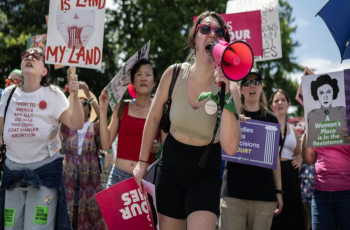
US sterilizations spiked after national right to abortion overturned: study
2024-04-13 -
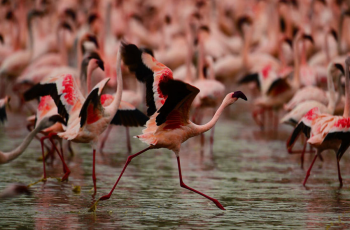
Future of Africa's flamingos threatened by rising lakes: study
2024-04-13 -
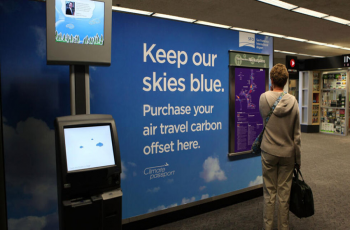
Corporate climate pledge weakened by carbon offsets move
2024-04-11 -
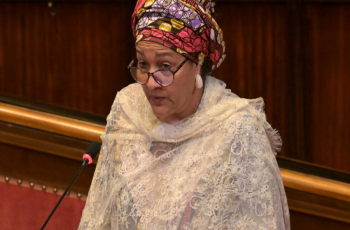
Humanity lost 'moral compass' on Gaza: top UN official
2024-04-10 -

No.1 Scheffler says patience and trust are secrets to success
2024-04-10 -
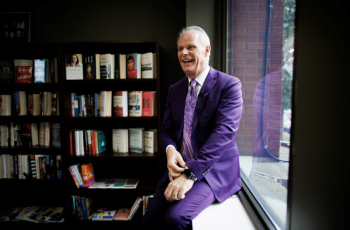
From homeless addict to city chief: the unusual journey of Canadian mayor
2024-04-10 -
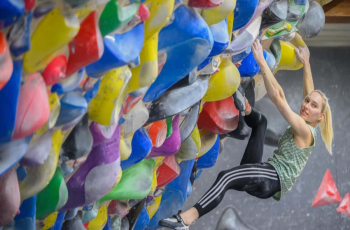
Slovenian spiderwoman Garnbret eyes more Olympic climbing gold
2024-04-07 -
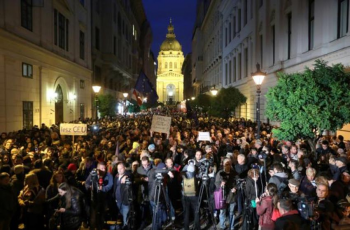
Academic freedom declining globally, index finds
2024-04-04 -
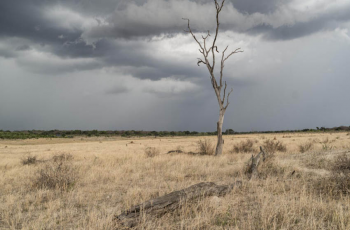
Zimbabwe declares El Nino drought a national disaster
2024-04-03 -

From polar bears to groundwater, nature is riddled with 'forever chemicals'
2024-04-03
